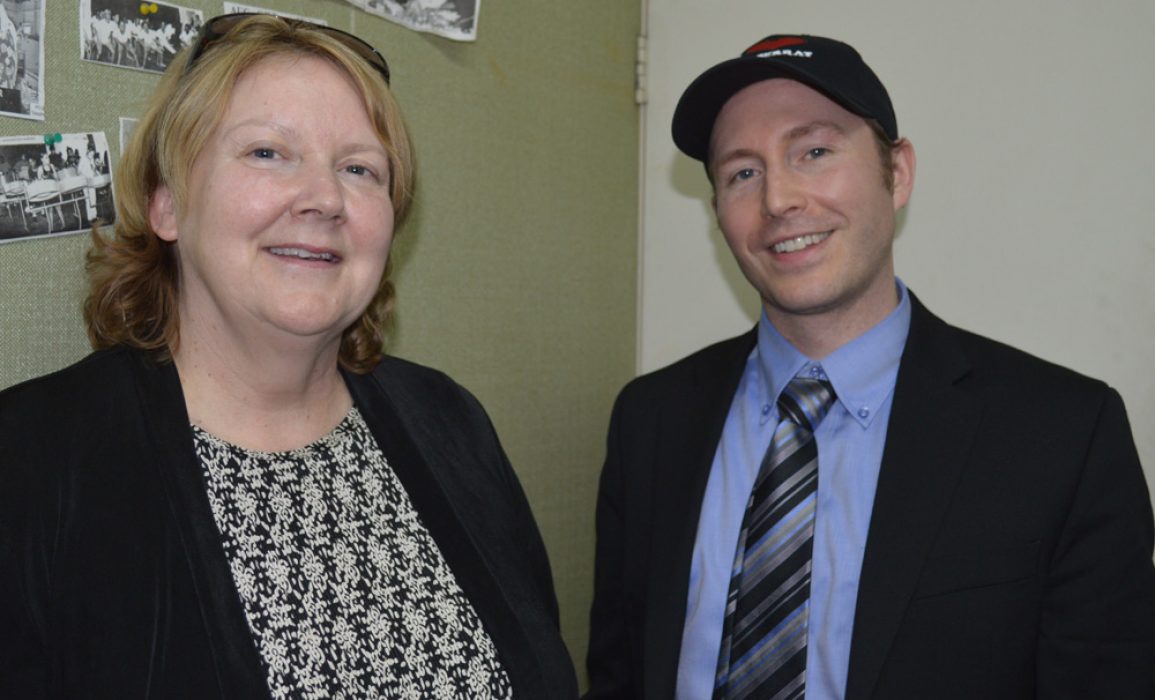Two statisticians from Statistics Canada have completed a week-long exercise to identify data gaps within the local department.
David Stiles and Jo Ann MacMillan are a part of the Project for the Regional Advancement of Statistics in the Caribbean (PRASC). This project, funded by the Government of Canada, aims at strengthening the statistical systems of 14 CARICOM member states in order to improve statistical socio-economic measures and support evidence-based policy making.

Stiles, who is currently responsible for a wide range of subject matter including International Trade, Energy and Manufacturing Industries told reporters that the goal is to create a detailed map of Montserrat’s economy.
According to the consultants, Montserrat has identified a need to improve measurements of the economy and increase insights into the structure of the economy. In turn, this can aid analysts in building economic impact models for use in policy decision-making and monitoring.
Sound, reliable and timely economic statistics are at the crux of good governance of an economy and to this end, the two facilitators spent last week with the Statistics Department to assess the statistical data available and to make recommendations on how to enhance economic measures. The work to be undertaken includes identifying data gaps, assessing the quality of existing data and exploring how best to move towards further adherence to international standards for compiling and reporting economic statistics.
PRASC is also currently conducting a project with Montserrat to improve the dissemination of its statistical products by enhancing its website, which will directly benefit data users. In February, another team from Statistics Canada will be on island to work on the Statistics website.
PRASC also aims at providing technical assistance and training in the areas of business and household surveys and on improving communications within a country’s national statistical system.
The economic mapping project is expected to take two years and will provide a documentation on how players in the economy are linked. It will model the impact and give officials a way in which they can test various shocks/changes and how they will affect different areas of the economy, in terms of job increases or losses, and direct and indirect revenue generation.
The facilitators are expected to return to island in November to check on progress. Montserrat was the first stop on their visit to the CARICOM members states participating in the project.


